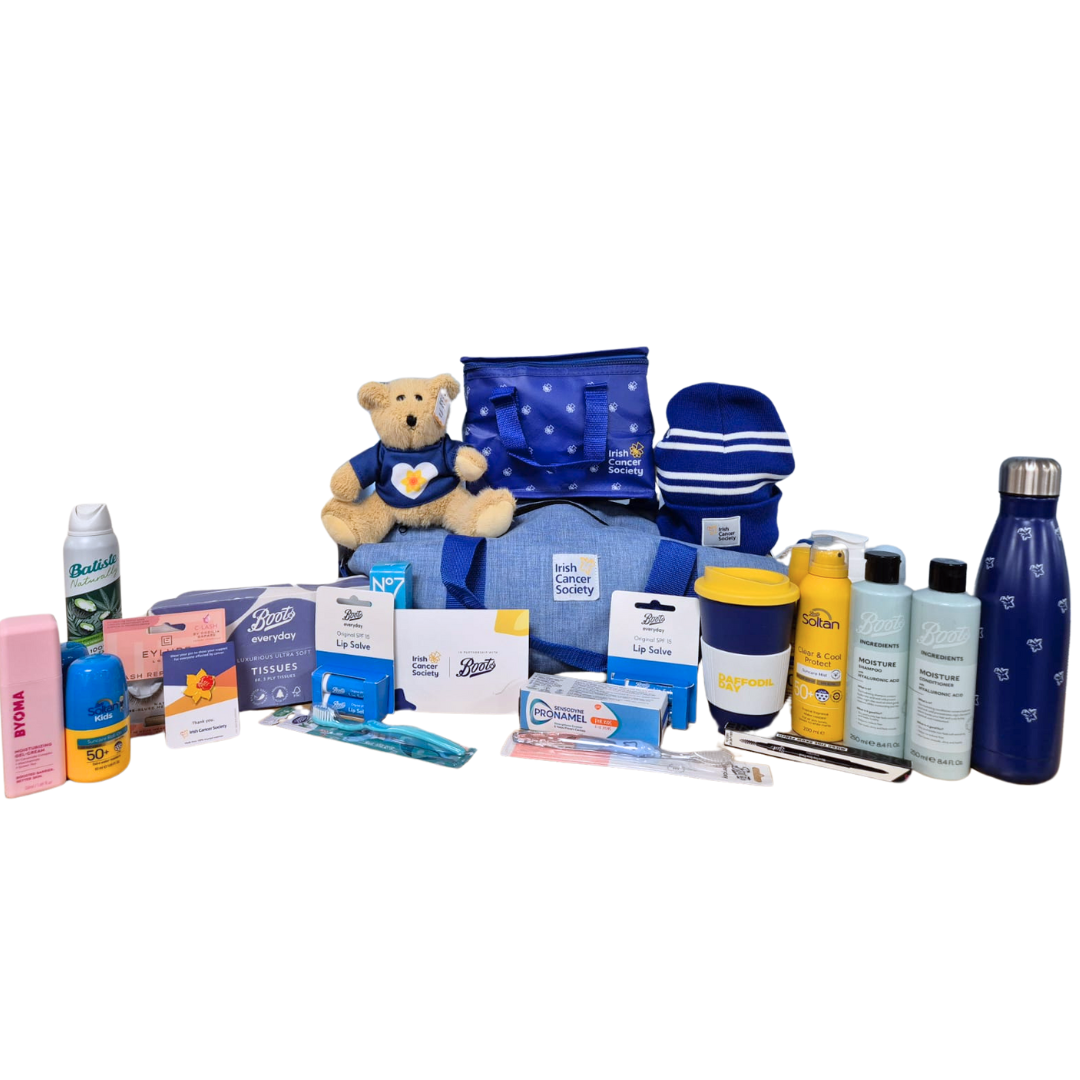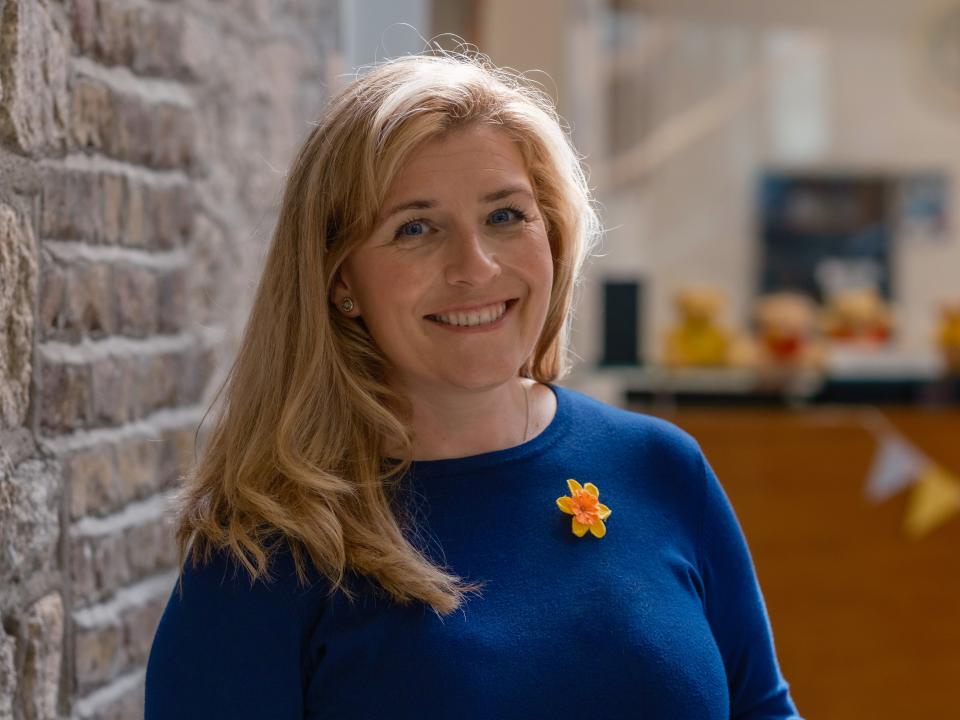Blood tests for children
Your child is likely to have regular blood tests. These tests can check your child’s health and see how well they are responding to treatment.
Taking blood samples
If your child has a Hickman catheter or port, blood can be taken without using a needle.
If your child doesn’t have a catheter or port, blood can be taken from a vein using a needle. If a smaller amount of blood is needed, a thumb prick may be used.
Before taking blood, phlebotomists (specialists who take blood from patients) sometimes use a cream or spray to numb the area.
Understanding blood test results
Usually the level of different cells and substances is measured to see if it falls in a ‘normal' range. If it is lower or higher than normal, your child may need treatment to deal with the problem.
If you have any questions, ask your medical team. They will be happy to explain.
What are the different types of blood test?
Blood is made in the bone marrow, which is the spongy material in the middle of bones. A full blood count (FBC) measures the amount of the red blood cells, white blood cells and platelet cells in the blood.
A full blood count can show:
- If your child’s blood has recovered enough for their next round of chemotherapy.
- If they need a blood transfusion. This might happen if red blood cells are low. If the red cell count is low, your child may look pale and feel tired. This is because haemoglobin in red blood cells carries oxygen to the tissues of the body.
- If your child is at increased risk of infection. White blood cells help to fight infection, so if the number is low, your child is more likely to develop an infection. One of the signs of infection is a raised temperature. Your child may need a course of antibiotics to fight an infection.
- If they need a platelet transfusion. Platelets help blood to clot, preventing bleeding and bruising. A drop in the platelet count will mean that your child may bruise easily. Bleeding gums, petechial rash (red or purple pin-point rash that doesn’t pale when you push down on it) or a nosebleed may be a sign that your child’s platelet count is low. Your child may need a platelet transfusion to increase the number of these cells in the blood.
This blood test checks kidney function by looking at the amount of minerals and salts in the blood. For example, sodium and potassium. The body needs the right balance of minerals and salts to work properly.
Tests used if a child might have a transplant of stem cells from a donor. The test looks at a group of proteins on the surface of cells called human leukocyte antigen (HLA). Having a donor who has similar proteins means there is more chance that a transplant will be successful.
This test checks the blood for infection. To identify the source of infection the blood sample may be taken from the central line or sometimes peripherally from a vein.
A liver function test checks the amount of certain substances in the blood that shows how well the liver is working.
A blood test to check if your child has been exposed to certain viruses (for example, measles, chicken pox, CMV, hepatitis) or to check if they still have immunity from their childhood vaccinations.
A test to see how well the blood is clotting and if there’s a risk of bleeding.
A blood test to make sure donor blood and your child’s blood are compatible.



Talk to a Cancer Nurse

Support Line
In-hospital support

